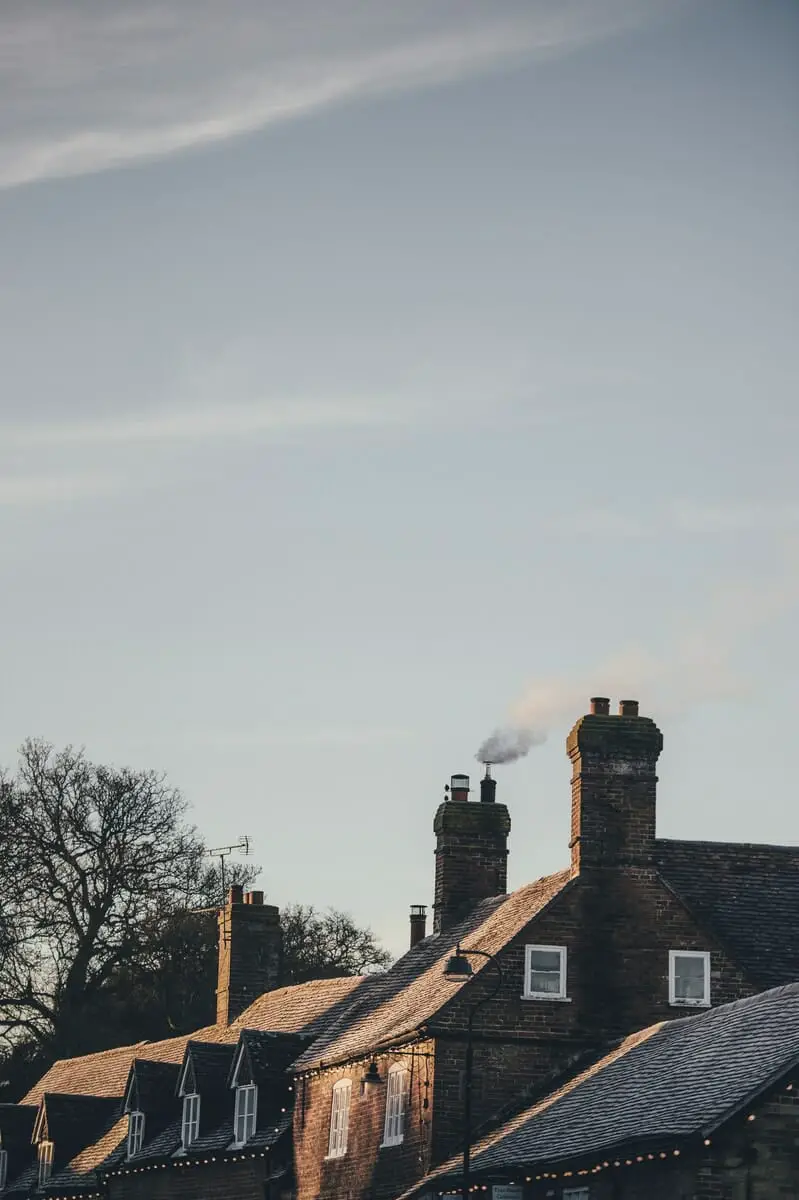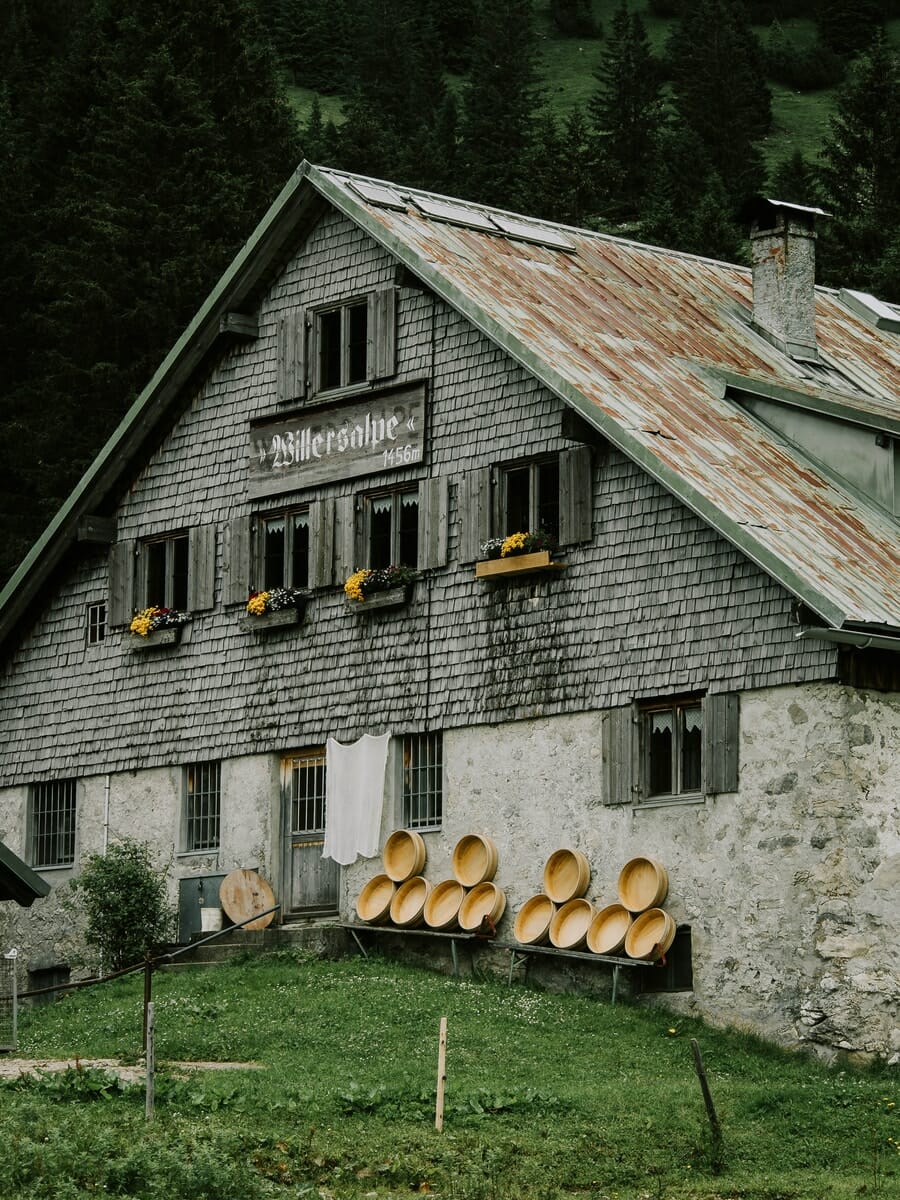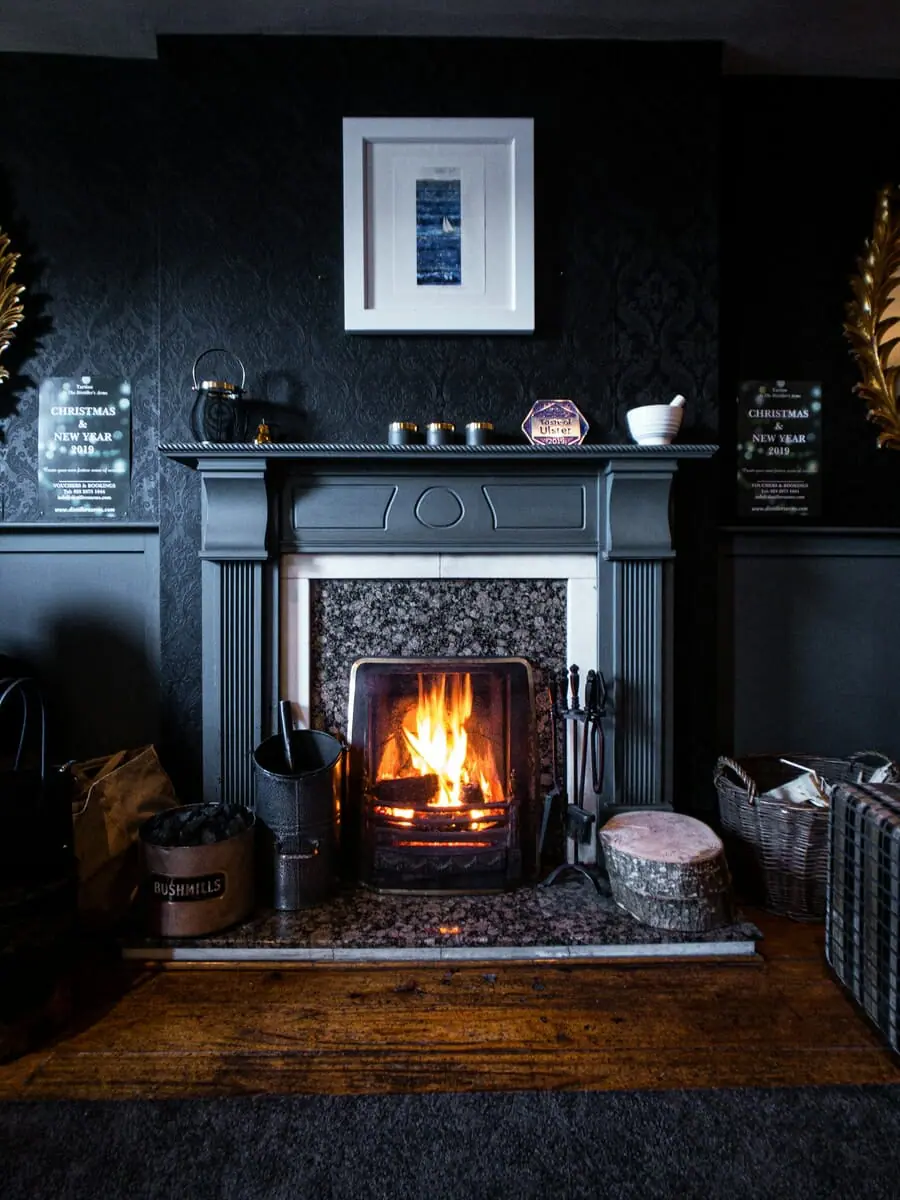- Good chimney caps can keep out rain and other forms of precipitation, which prevents an unfortunate wet surprise
- A chimney cap is a piece of metal on top of the chimney that usually has an angle to it. This slope allows rain to slide away from the chimney which can decrease moisture inside
- If your chimney crown becomes damaged- whether it’s corroded, cracked, chipped, or bent, this can mess up proper water flow and permit rain to enter the flue.
- If there’s any issue with your chimney crown, it will be most evident when heavy rain occurs
- Chimneys are designed to prevent moisture from getting into the house.
- There are several steps you can take to help prevent water from getting into your fireplace.
- Preventing water from getting into the chimney is a fix that can prevent damage to your plumbing system, and keep your fireplace nice and dry
Contents
How Does Rain Not Get in A Chimney?
Chimneys are designed to prevent moisture from getting into the house. The chimney is one of the few places available to build up some steam and carry the moisture away from the house.
When there is a lot of moisture around, such as when it is raining, the moisture can get into the house through the chimney. Even though rain cannot get into the chimney, it can drastically affect the chimney and its surrounding area.
Here are some tips on how the rain does not get into the chimney.
How Rain Gets into A Chimney
Rainwater gets into your chimney in one of two ways. The first is when it flows directly into the top of the flue. The second is when water flows into your home’s plumbing system.
Your chimney is typically not closed off. So, this can happen even if it’s raining outside. Unfortunately, there isn’t much you can do. The best you can do is install flashing around the chimney to prevent water from flowing into the top.
Install A Gutter System
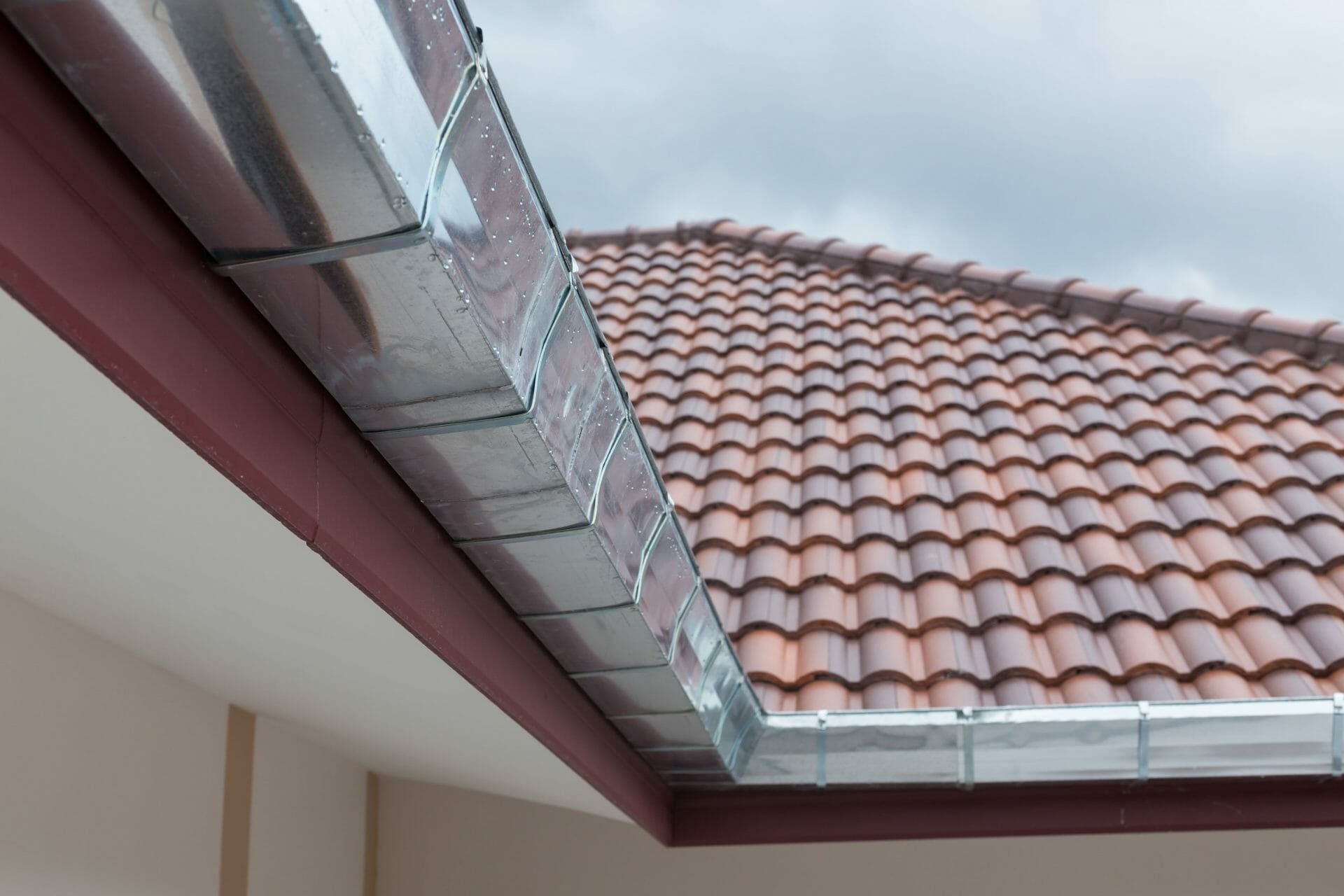
Installing gutters is a great way to prevent rainwater from getting into your chimney. Gutters are made out of special material and are designed to carry water off your roof. They are also designed to prevent water from flowing off the sides of the gutter.
If water flows off the sides of the gutter, it will flow directly into your yard. This is a great way to prevent water from getting into your yard, but it’s also a great way to prevent it from entering your chimney.
For best results, install gutters on your home’s roof. This is where the water will flow from and is often the largest area of your roof. It’s also a common area where you’ll find your chimney.
Have A Clean Chimney
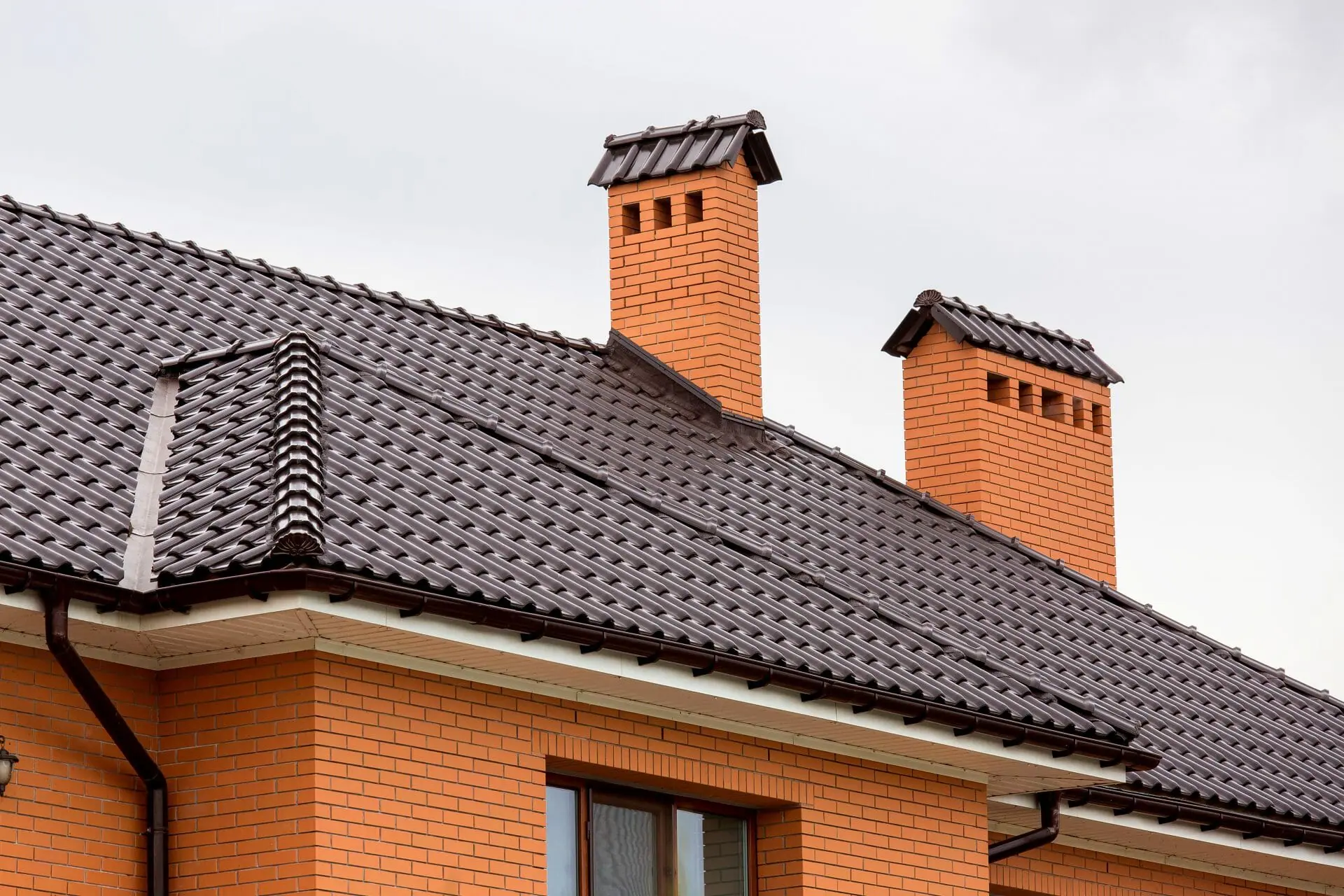
One of the easiest ways to prevent rain from getting into the chimney is to have a clean chimney. If the chimney is clean and there aren’t any obstructions in it, water can’t get in. This is especially important if you live in an area that gets a lot of rain.
If the chimney is dirty, the rain can cause the dirt to fall into the flue. There is a chance this could create a blockage and cause excess debris to collect in the flue. A blocked chimney is one of the most common reasons for rain getting in.
Seal The Chimney with A cap
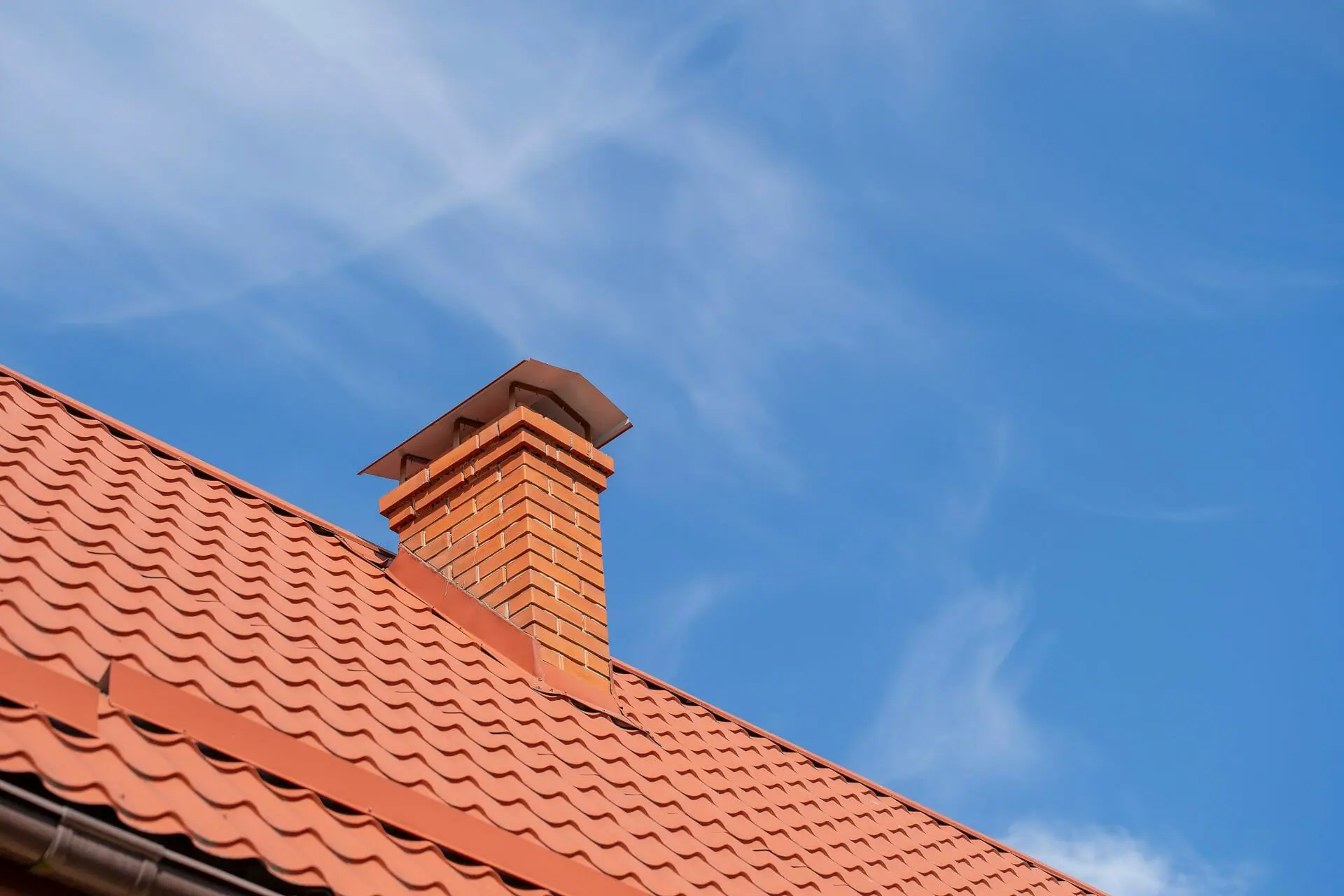
If the rain gets into the chimney, you can use a flue cap to stop water from entering in. A chimney cap is a properly fitted lid that is designed to seal the bottom of the flue. It is important to note that a chimney cap is only a secondary seal.
It is there to act as an extra barrier between the outside air and the inside of the chimney. If there is a lot of rain, the cap can get wet. Once it is wet, it can’t work properly. A wet cap doesn’t work properly and rain can still get in.
A properly functioning cap can avert water from entering to your flue.
Chimney Liner
A chimney liner is a flexible liner that is installed in the chimney. It can help prevent rain from getting into the chimney. A liner is designed to get wet and allow rainfall to pass through.
It is designed to flex when it is in contact with the wall of the flue. A liner is an excellent way to prevent water from getting into the chimney. It is flexible and allows the flue to flex when it comes in contact with the wall of the chimney.
Install A Rain Sensor
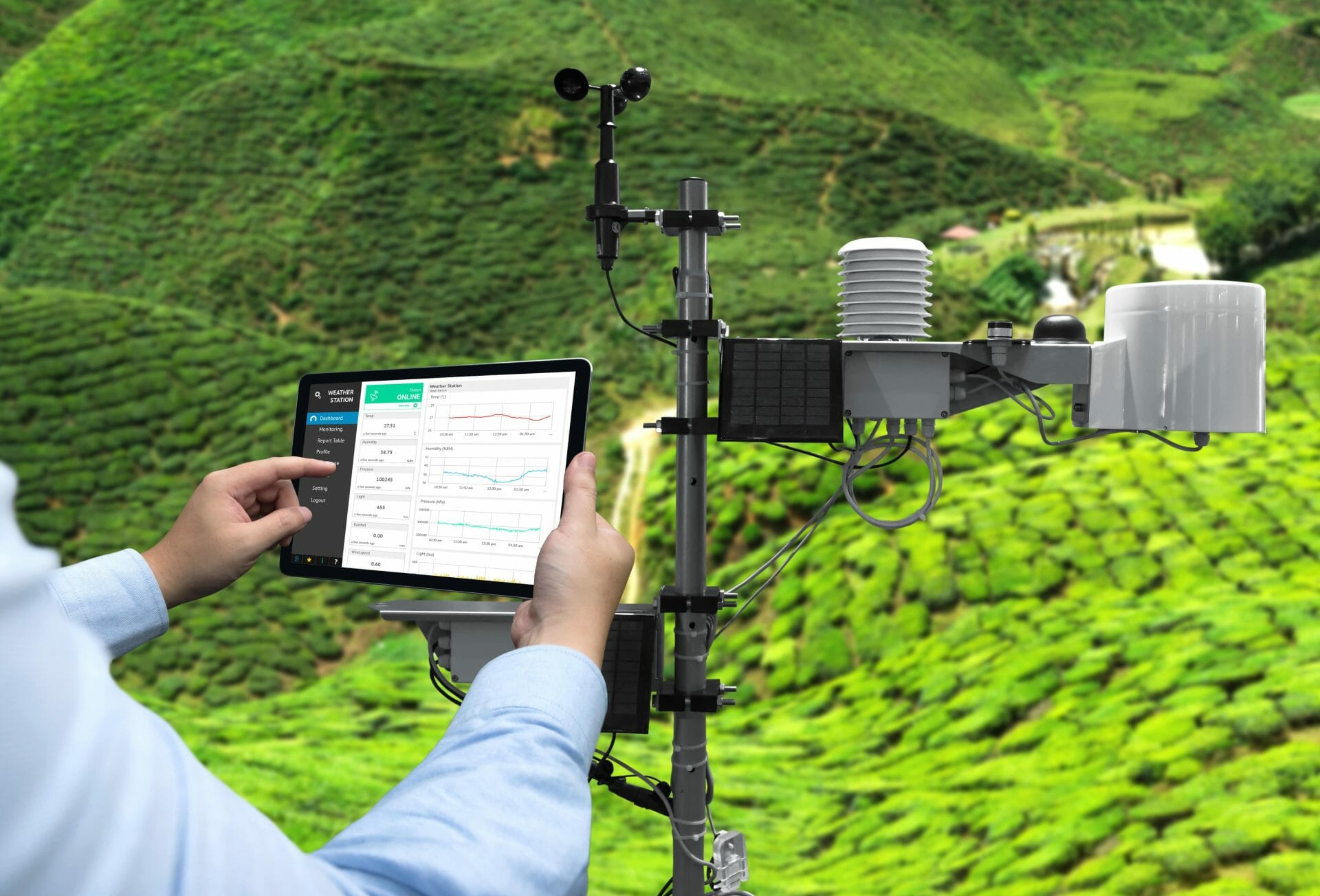
Once you can confirm rain is getting into the chimney, you can install a sensor. A rain sensor is a device that detects rainfall and triggers an alert. This could be great if you want to be notified whenever it rains in your area.
The rain sensor may trigger an alarm or send a push notification on your phone.
Get A Ductless Fireplace
If you have a fireplace, the best way to avert rainwater from entering your smokestack is by getting a ductless fireplace. This is a type of fireplace that doesn’t have any kind of flue.
This means that rainwater can’t get into the flue, and instead flows directly into the ground. This is a great option, as it prevents the water from entering your flue. It also prevents it from getting into the flames inside your fireplace.
When choosing a ductless fireplace, make sure it has a high-quality rainwater diverter. This is a piece of equipment that helps divert the rainwater away from your home. It should also be installed properly, as this will help keep it from getting back into your plumbing system.
Get Rainwater Tanks
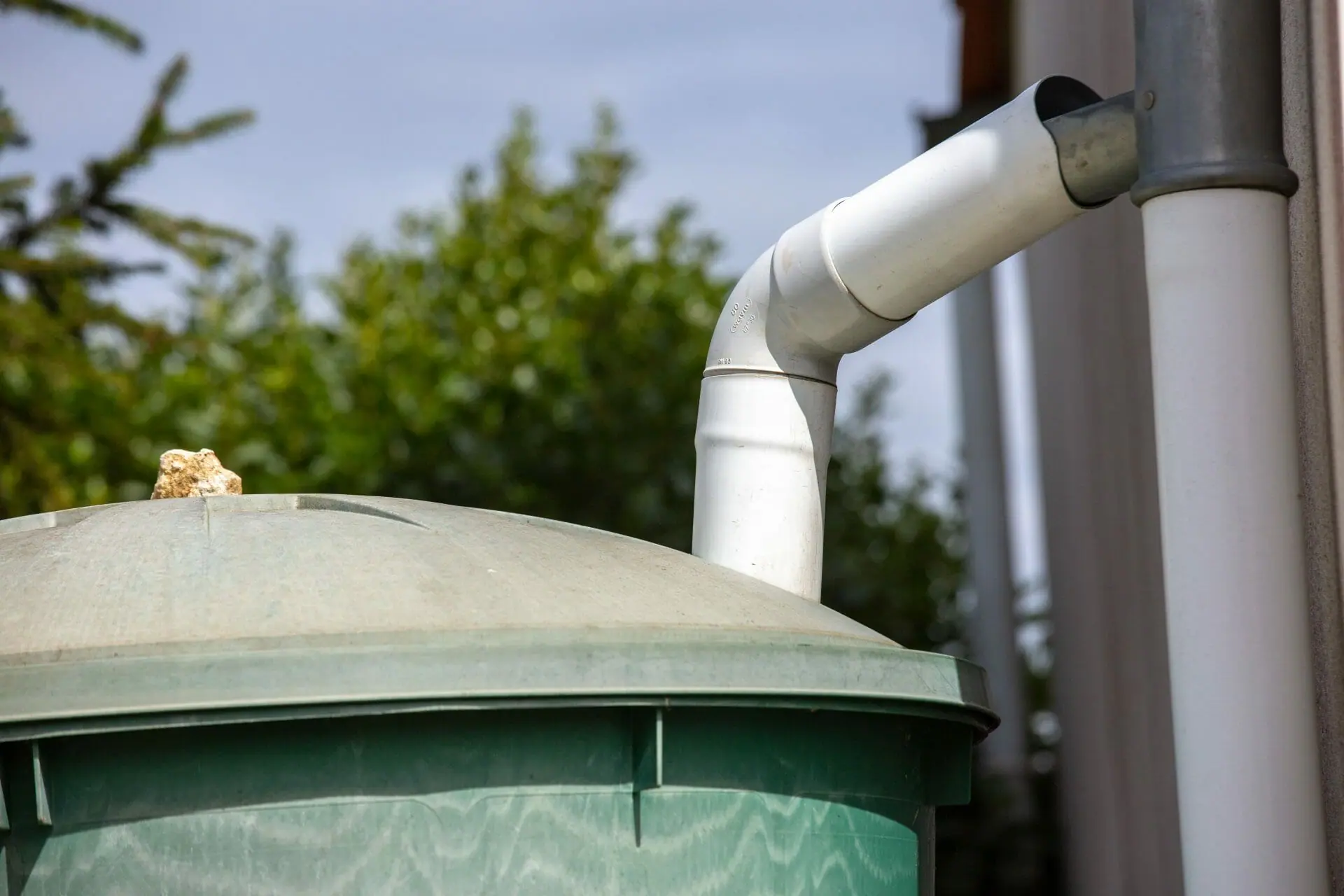
Another way to stop rainwater from entering your chimney is by installing a rainwater tank. This is a tank that collects and stores rainwater for later use. There are many different types of rainwater tanks on the market.
They all have the same basic design. The tank is buried in the ground and has a pipe that connects to your home’s plumbing system. The tank keeps the rainwater in the ground until it flows through the pipes into your home’s
plumbing system.
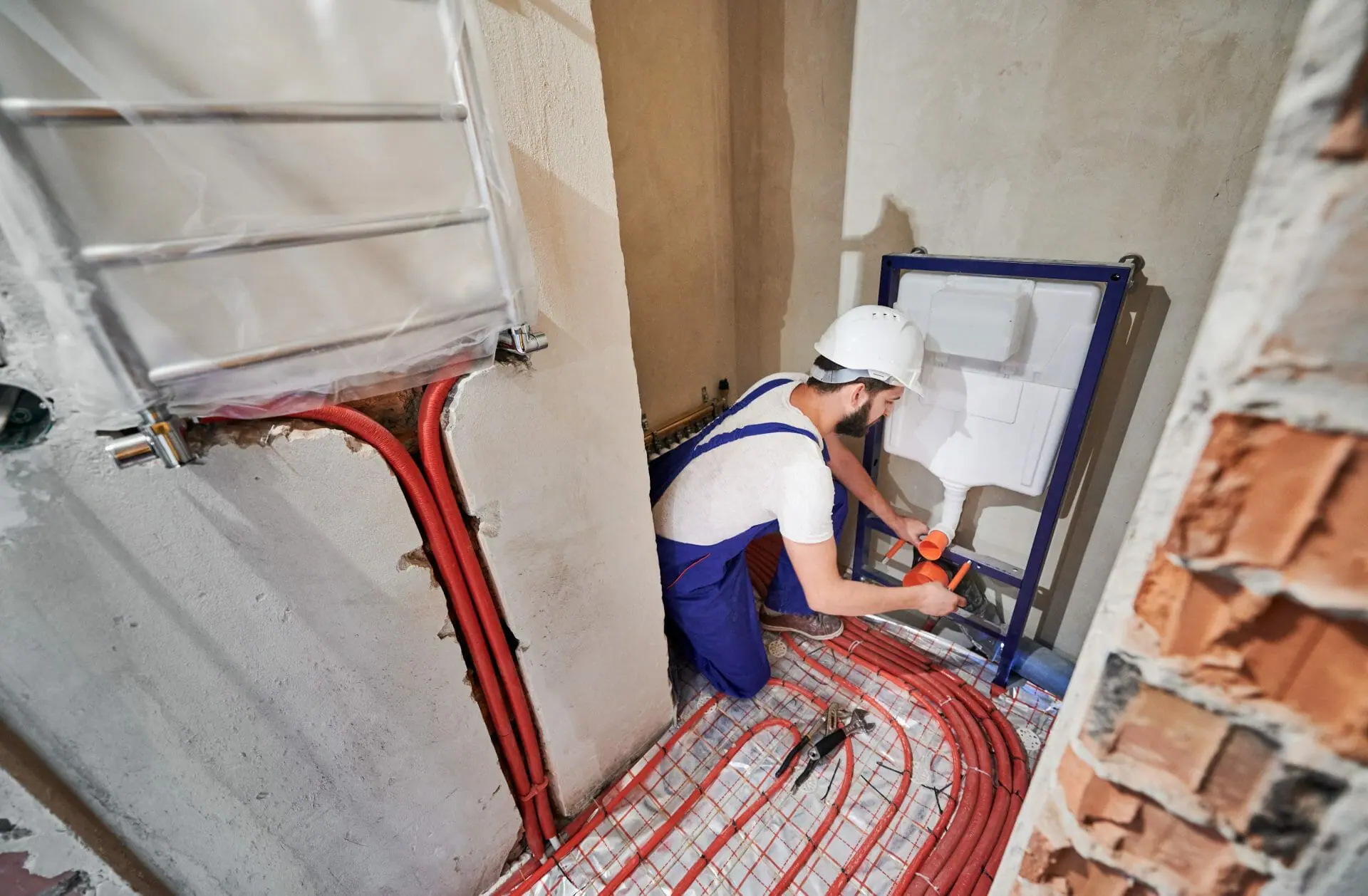
If you have a home with a large roof, this is the best way to collect and store rainwater. The only downside to this is that it costs quite a bit of money. It’s not a bad idea to at least look into rainwater tanks if you have a large roof.
Conclusion
As you can see, there are several ways to stop rainwater from getting into your flue. These include installing a rain cap, installing gutters, getting a ductless fireplace, and installing a properly installed rainwater tank.
By following these steps, you can prevent rainwater from getting into your chimney. It’s a simple fix that can prevent damage to your plumbing system, and keep your fireplace nice and dry.
